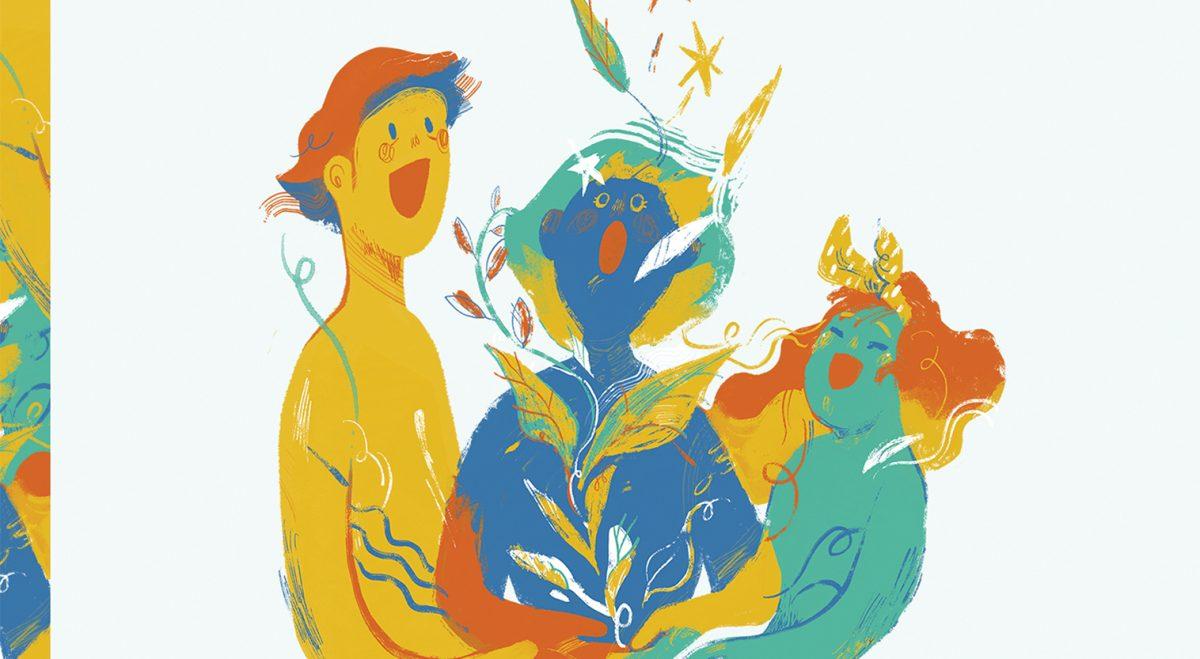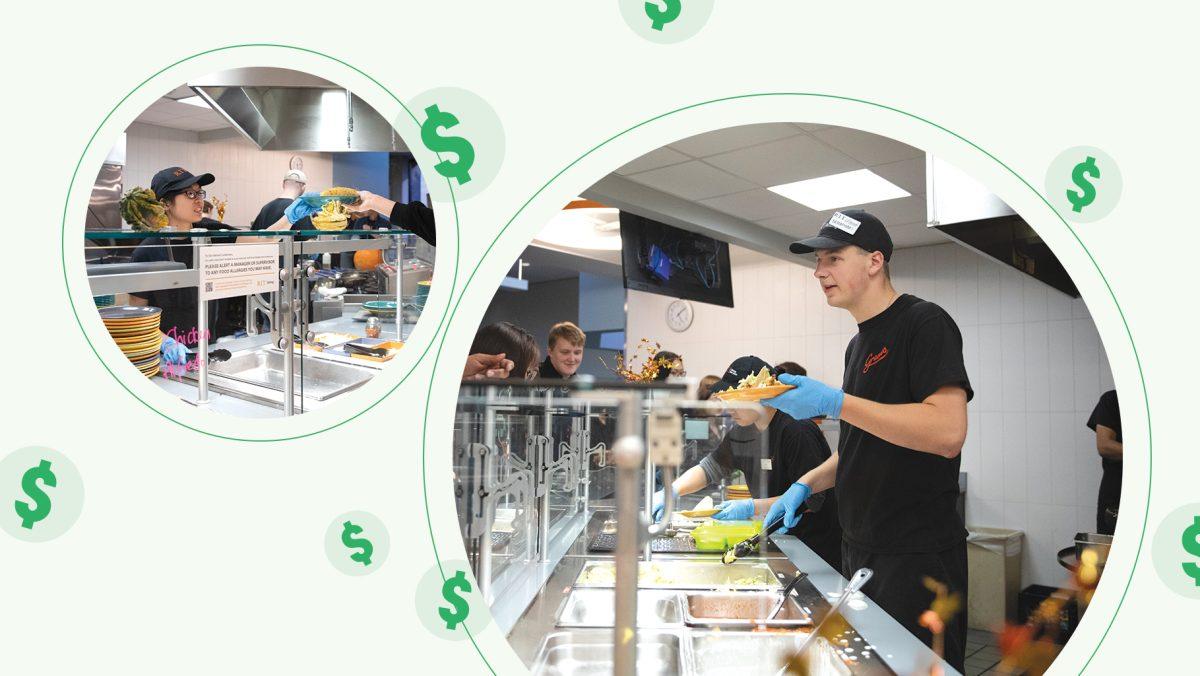Herlandt Lino, Computational Math ’20 graduate, always started his RIT 365 coaching appointments with students by asking, “Why do you think you’re here?” He said most students gave him the wrong answer.
Most students go into RIT 365 thinking that it is a regular class with an instructor and a grade, but it’s much more than that.
RIT 365 is a yearlong program designed to give freshmen a sense of belonging in the RIT community through experiential learning opportunities. The program also assists students in beginning their personal journey at college. That experience component makes RIT 365 unique according to Dr. Heath Boice-Pardee, associate vice president for Student Affairs.
“Instead of us trying to open up new students’ minds and dump information in, you’re offering experiences for them to learn this information in a guided and supported environment so that they can learn it on their own,” he said. “Acknowledge what it means to them, and then integrate it into their life.”
The experiences are co-facilitated by a professional staff member and a student — they are not there to instruct. Stacy Nation-Knapper, director of Year One Programs, said facilitators are there to create an environment that helps students embrace their diversity to promote an inclusive campus community. The course uses facilitated dialogue to create a space for students to speak about what is most important to them and have genuine conversations.
“These are valuable skills as folks move into their future classes and into a community that is really diverse.”
When students were engaged, the conversation brought Lino’s class together.
“The conversation itself had a momentum of its own that was completely organically grown. It wasn’t like I was following the bullet points,” Lino described. “And after that day in particular, everyone was like, ‘Oh my god, that was crazy. That was actually worth it.’”
For Shawna Szabo, assistant director of International Student Services, sharing in different ways — with the group of students, in written reflection or in one-on-one meetings — helped her students to connect deeper and get what they needed from their facilitators. Swabo strived to be the “go-to” person for her students, but that required openness and honesty.
“I want to be a mentor, I want to be a helper, I want to be what students need from me. I want to be that for them, but I need them to tell me what they need,” she explained.
Students can expect to engage with each other in new and uncomfortable ways. This experience can even alter your college career. Lino coached two students into changing their majors. He urged students to seriously consider what they want to get out of college and think about what they would like to do.
Overwhelmingly, the advice is to be open-minded. Nation-Knapper encouraged students to embrace every part of the experience.
“These are valuable skills as folks move into their future classes and into a community that is really diverse,” she said.







